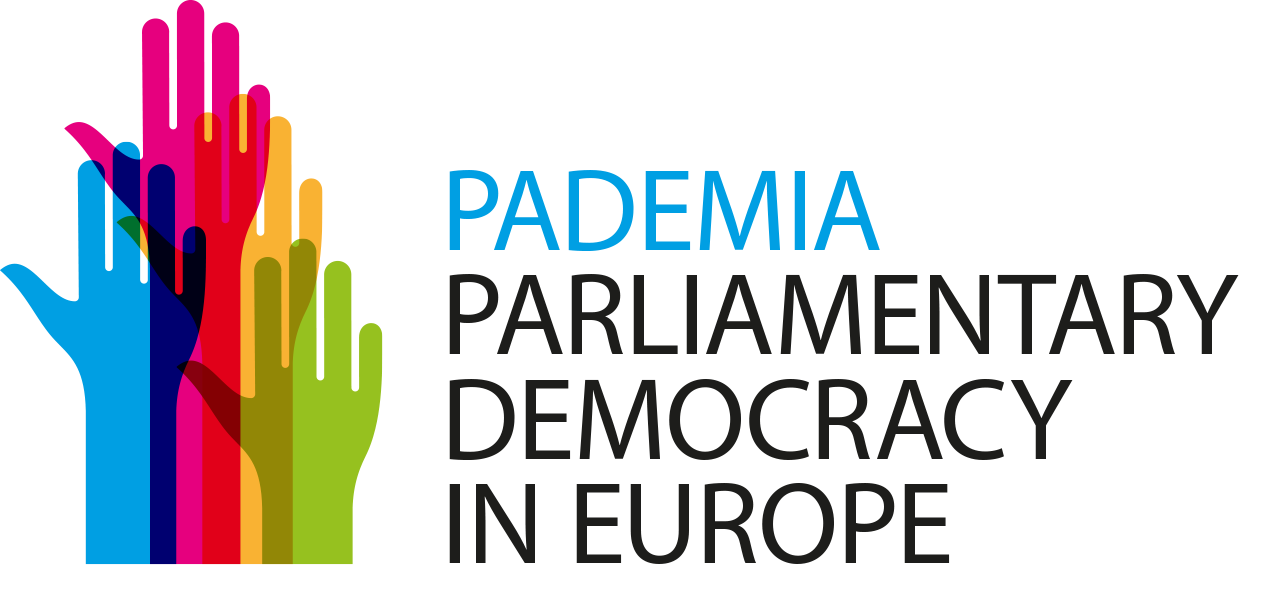
The annual PADEMIA “Parliamentary Democracy in Europe” conference for 2016 took place between 19 and 20 May 2016 in the historic premises of “La Fondation Universitaire” in Brussels. There I had the opportunity to present in front of a wide audience of international scolars my new paper on “Historical evolution of referenda and applications in contemporary democracy“.
The abstract of this paper is as follows:
“Referenda and popular legislative initiatives constitute the main institutions of direct democracy worldwide. By gradually creating a fertile environment for citizens’ political maturation and by triggering co-responsibility at the level of decision making, these institutions do not annul nor substitute the representative system of contemporary democracies but operate on a supplementary basis to it, given that they temporarily return the primary power to its origin, the people.
In Greece, referenda are constitutionally acknowledged as institutions of direct democracy. However, it could be argued that, instead of having a rather “exploratory” character, in reality they affirmed already initiated or ongoing historic and political developments. To this assessment it should be added that since 1974 democratic transition only once, in 2015, a referendum has been conducted.
In the light of the above, the paper shall discuss a series of questions: Do referenda promote the democratic political regime as an integral part of it or do they just form a procedure effectuated in the name of strengthening popular sovereignty but actually leading to its degradation? If the latter is the case, how can one justify the international tendency noted in the Constitutions of several countries in the last years for the procedural strengthening of referenda and what could that mean for the evolution and the role of referenda in the future?”
More information on the PADEMIA annual conference may be found here. The conference programme may be accessed here.

